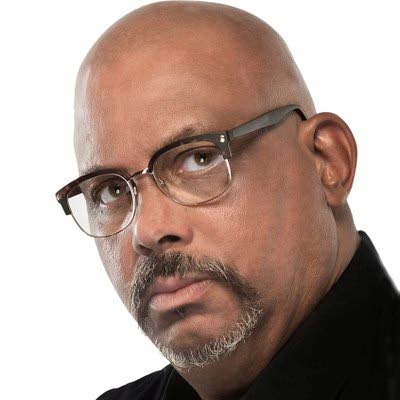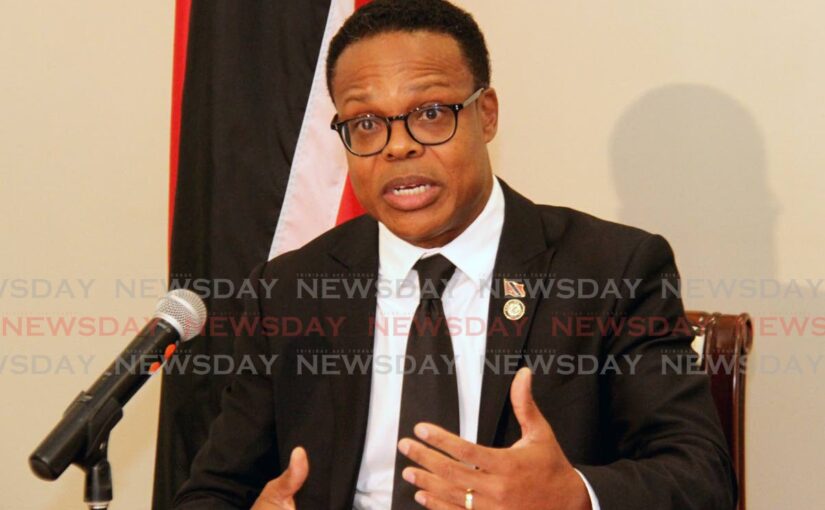Russia and Vietnam signed an agreement on nuclear energy on Tuesday during a visit by Prime Minister Mikhail Mishustin aimed at deepening ties between...
Vous n'êtes pas connecté
- English
- Français
- عربي
- Español
- Deutsch
- Português
- русский язык
- Català
- Italiano
- Nederlands, Vlaams
- Norsk
- فارسی
- বাংলা
- اردو
- Azərbaycan dili
- Bahasa Indonesia
- Հայերեն
- Ελληνικά
- Bosanski jezik
- українська мова
- Íslenska
- Türkmen, Түркмен
- Türkçe
- Shqip
- Eesti keel
- magyar
- Қазақ тілі
- Kalaallisut ; kalaallit oqaasii
- Lietuvių kalba
- Latviešu valoda
- македонски јазик
- Монгол
- Bahasa Melayu ; بهاس ملايو
- ဗမာစာ
- Slovenščina
- тоҷикӣ ; toğikī ; تاجیکی
- ไทย
- O'zbek ; Ўзбек ; أۇزبېك
- Tiếng Việt
- ភាសាខ្មែរ
- རྫོང་ཁ
- Soomaaliga ; af Soomaali
Rubriques :
 Maroc - EURASIAREVIEW.COM - A la une - 16/Jan 00:22
Maroc - EURASIAREVIEW.COM - A la une - 16/Jan 00:22
Vietnam’s New Regime Finds Its Footing – Analysis
By David Brown When Vietnam’s long-time leader Nguyen Phu Trong passed away on 19 July 2024, only the Minister of Public Security, Police General To Lam, was ready to act. All other politicians that may have once hoped to lead the all-powerful Communist Party of Vietnam in Trong’s stead instead chose retirement when they learned the contents of their dossiers that Lam’s subordinates had assembled. A few days after Trong was laid to rest, the Party’s 200-member Central Committee assembled to acclaim Lam as his successor. Lam was not well known to the general public prior to his ascension to General Secretary. He made his career in the Ministry of Public Security, serving six years as deputy minister before taking the helm of the ministry in 2016. In this role, Trong’s determination to rid the Party of corruption burned ever more fiercely. To Lam’s contribution to Party anti-corruption efforts seems to have been invaluable. But there was scepticism about whether the new General Secretary will be able to manage a much broader mandate. Many doubted the ability of a policeman to keep order in the ruling Party, run a sprawling government and steer a fast-growing economy. By early November 2024, the question of Lam’s suitability had a very clear answer. With Prime Minister Pham Minh Chinh as his principal aide, Lam intends nothing less than a root-and-branch renovation and rationalisation of Vietnam’s sprawling bureaucracy. Periodically since the nation won its independence, its leaders have promised sweeping changeswithin a socialist framework. In the 1980s, they succeeded brilliantly with the Doi Moi reforms that did away with rationing and allowed the development of a market economy. In contrast, previous attempts at streamlining public sector institutions have accomplished very little. Trong, for example, endorsed a program of administrative reform while wrangling with his nemesis, Nguyen Tan Dung — a former prime minister notoriously tolerant of corrupt activity by fellow officials. But Trong allowed that initiative to wither once he forced Nguyen Tan Dung out of office. Trong’s attention turned instead to punishing individual Party members who fell short of his standards for probity. This was Trong’s signature ‘fiery furnace’ campaign — it persisted until his death and reportedly weeded out some 17,000 corrupt or backsliding cadre. Now as the Party leader, Lam has shifted the focus to institutional reforms. In contrast to Vietnam’s relatively efficient private sector enterprises, the public sector is strikingly overstaffed and inefficient. Resolution 18-NQ/TW, issued by the Party Central Committee in 2017, was intended to address bureaucratic bloat, but Trong had been far more interested in weeding out doctrinal backsliders. During Trong’s leadership, ministries and Party offices did not put much effort into getting leaner and more efficient with the exception of the sprawling Ministry of Public Security, where Lam was deputy minister and then promoted to minister. As minister, Lam did not downsize the Ministry of Public Security so much as refocus and streamline it, eliminating many mid-level offices and staff, doubling the number of boots on the ground and, over the next several years, doubling the Ministry of Public Security’s strength again. Statements by Lam and Prime Minister Chinh in the last few months of 2024 strongly suggest that — mindful that the Party’s 14th Congress will convene in January 2026 — they found it more efficient to resurrect Resolution 18-NQ/TW rather than spend months building a consensus on what reforms are needed and how soon. The emerging plan would reduce and reorganise ministries and Party offices to eliminate functional overlaps. Authority to make and execute decisions is to be delegated to localities, subject only to after-the-fact reviews by higher levels. Underperforming cadre and officials — said to be about 20 per cent of the total — are to be ‘filtered out’. In March 2025, every state agency is required to report its plans for restructuring and streamlining. By the end of the year, with a nod from the Politburo and the Cabinet Office, each should be putting its plans into effect. If all these plans go as intended, the ‘new era’ that Lam often refers to could materialise, with the political system becoming noticeably ‘leaner, more compact, stronger, more efficient, effective and impactful’. When the 14th Congress convenes in January 2026, Lam and his team will reap the rewards by being accorded another five years to show what they can do. About the author: David Brown is a former US diplomat with extensive experience in Southeast Asia and particularly Vietnam. Source: This article was published by East Asia Forum
Articles similaires
Vietnam’s High-Speed Rail Hits The Brakes On Foreign Funding – Analysis
By Nicholas Chapman On 30 November 2024, Vietnam’s National Assembly rubber-stamped a high-speed rail network that will traverse 20 provinces,...
Top leader calls for strong, decisive, comprehensive reforms in economic management
Party General Secretary Tô Lâm emphasised the need to harness the potential of the people and all economic sectors by building a dynamic and...
Ahead 2027: Why opposition can’t upstage ruling party
The sight was not just bewildering it was also shocking. Dateline was Thursday, May 29, 2003. Venue was Aso Rock Presidential Villa. It was the...
Concepts of a transformation plan
[audio m4a="https://newsday.co.tt/wp-content/uploads/2025/01/BitDepth1493_Narration_13-01-2025.m4a"][/audio] BitDepth#1493 Mark Lyndersay THE...
Reflecting On Turkish-American Relations In A Second Trump Term – Analysis
By Selim Koru (FPRI) -- The election of Donald J. Trump for a second term marks a major shift in global politics. It appears that the neoliberal...
Jimmy Carter: Life And Legacy Of The 39th US President – Analysis
The death of Jimmy Carter on December 29, 2024, marked the passing of the 39th President of the United States, who served from 1977 to 1981 during a...
Anambra South Senatorial District By Election: Samben Nwosu Joins YPP
An Aspirant for the forthcoming Anambra South senatorial by-election, Prince Samben Nwosu, who recently resigned his membership of the People's...
German defense chief says peacekeepers in Ukraine not ruled out
German Defense Minister Boris Pistorius believes the German military could take part in ensuring the security of the demilitarized zone in Ukraine...
Amery Browne pulls out of race for Diego Martin West
MINISTER of Foreign Affairs Dr Amery Browne has withdrawn his bid for nomination to be the PNM candidate for Diego Martin West, the seat now held by...
Les derniers communiqués
-
Adobe Brings Conversational AI to Trillions of PDFs with the New AI Assistant in Reader and Acrobat
Adobe - 21/02/2024
-
Laura Frigenti takes the Helm as Chief Executive Officer of the Global Partnership for Education
Global Partnership for Education - 05/12/2022






